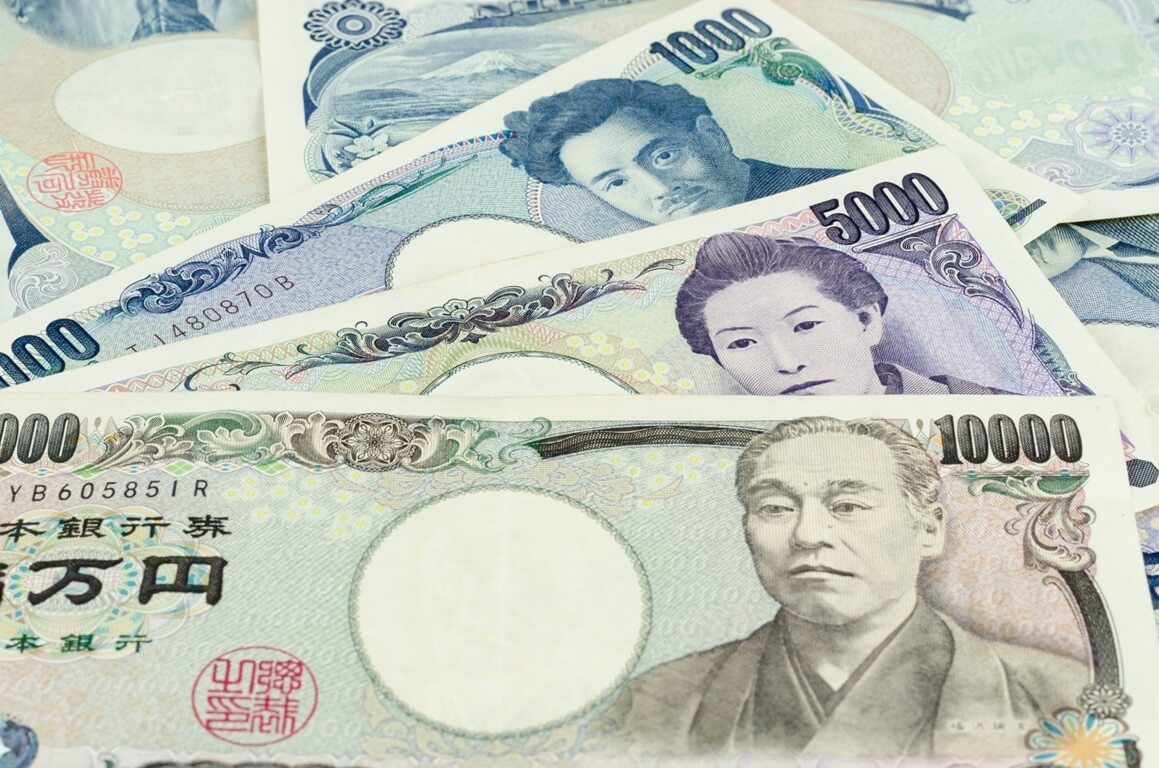
Yen Coin Slumps as BOJ Maintains Loose Policy
In a swift turn of events, the Japanese yen plummeted on Friday. The Bank of Japan’s (BOJ) announcement to uphold negative interest rates affected the rate movement. This move, closely following the Federal Reserve’s indication of prolonged high borrowing costs in the U.S., has intensified pressure on the yen coin and raised the spectre of currency intervention.
Simultaneously, the U.S. dollar index is heading toward an unprecedented tenth consecutive weekly upswing. The Federal Reserve’s resolute stance and a dip in the euro buoyed the dollar index. Besides, lacklustre economic data from France played its role in the dynamic.
Euro Falters on French Economic Data, Amplifying Dollar
The BOJ stood firm, maintaining interest rates at -0.10% on Friday. Besides, they reiterated their commitment to bolster the economy until a steadfast 2.00% inflation target is achieved. BOJ Governor Kazuo Ueda emphasized, “We have yet to foresee inflation stably and sustainably achieve our price target,” underscoring the need for an enduring ultra-loose monetary policy.
The yen to dollars experienced a sharp descent. Nearing the critical 150 mark against the dollar, a threshold experts believe might prompt government intervention to stabilize the currency. At the close, the dollar exhibited a 0.48% rise at 148.28 yen.
BOJ’s Steadfast Approach and Its Impact on The Yen Coin
Alvin Tan, head of Asia FX strategy at RBC Capital Markets, remarked, “I think it’s rather dovish, and that’s why we’ve seen the yen go past 148.” The speculation surrounding Tokyo’s potential intervention to support the buying of the yen has gained traction. Japan’s Finance Minister, Shunichi Suzuki, cautioned against a yen coin sell-off, as it could adversely impact the trade-dependent economy.
However, the forex landscape shows relatively low volatility in the dollar-yen pair, which might pose a challenge for potential intervention. The dollar index, tracking the currency against six major peers, edged up by 0.16% to 105.55 on Friday. It is now poised for a weekly uptick of approximately 0.20%, marking its tenth consecutive rise in as many weeks.
Yen to USD: Central Banks’ Impact on Global Currencies
The euro faced a 0.19% dip, resting at $1.06420, following survey data that revealed economic activity in France contracted at a swifter pace than anticipated for September.
The Federal Reserve held interest rates steady at 5.25% to 5.50% on Wednesday. Meanwhile, the Yen to USD rate emphasized its commitment to maintaining this level until inflation is restored to 2.00%. Consequently, yields on 10-year U.S. Treasuries surged to their highest since 2007, surpassing 4.47%. This surge boosts the appeal of dollar-denominated U.S. bonds.
Tip:
- With the Yen to USD rate holding steady and the appealing U.S. Treasury yields, consider investing 1000 yen to diversify your portfolio into dollar-denominated assets.
Market Experts’ Views on Current Currency Trends
Ray Sharma-Ong, investment director of multi-asset solutions at ABRDN, expressed confidence in the U.S. dollar given the current backdrop. He stated, “The U.S. dollar will do well, supported by the hawkishness of the Fed, the reduction in the expected number of rate cuts the Fed will deliver in 2024, U.S. growth resiliency, and our expectations of slower growth in the euro area relative to the U.S.”
Sterling saw a 0.24% dip, reaching $1.22660. It touched a six-month low of $1.22305 on Thursday after the Bank of England refrained from further interest rate hikes, surprising markets in the wake of unexpectedly subdued price growth.
In a contrasting move, the Australian dollar saw a 0.25% uptick, reaching $0.64330. This intricate dance between the yen coin and the dollar showcases the intricate web of global economic forces at play, with the BOJ’s actions influencing international markets and resonating across currencies.




